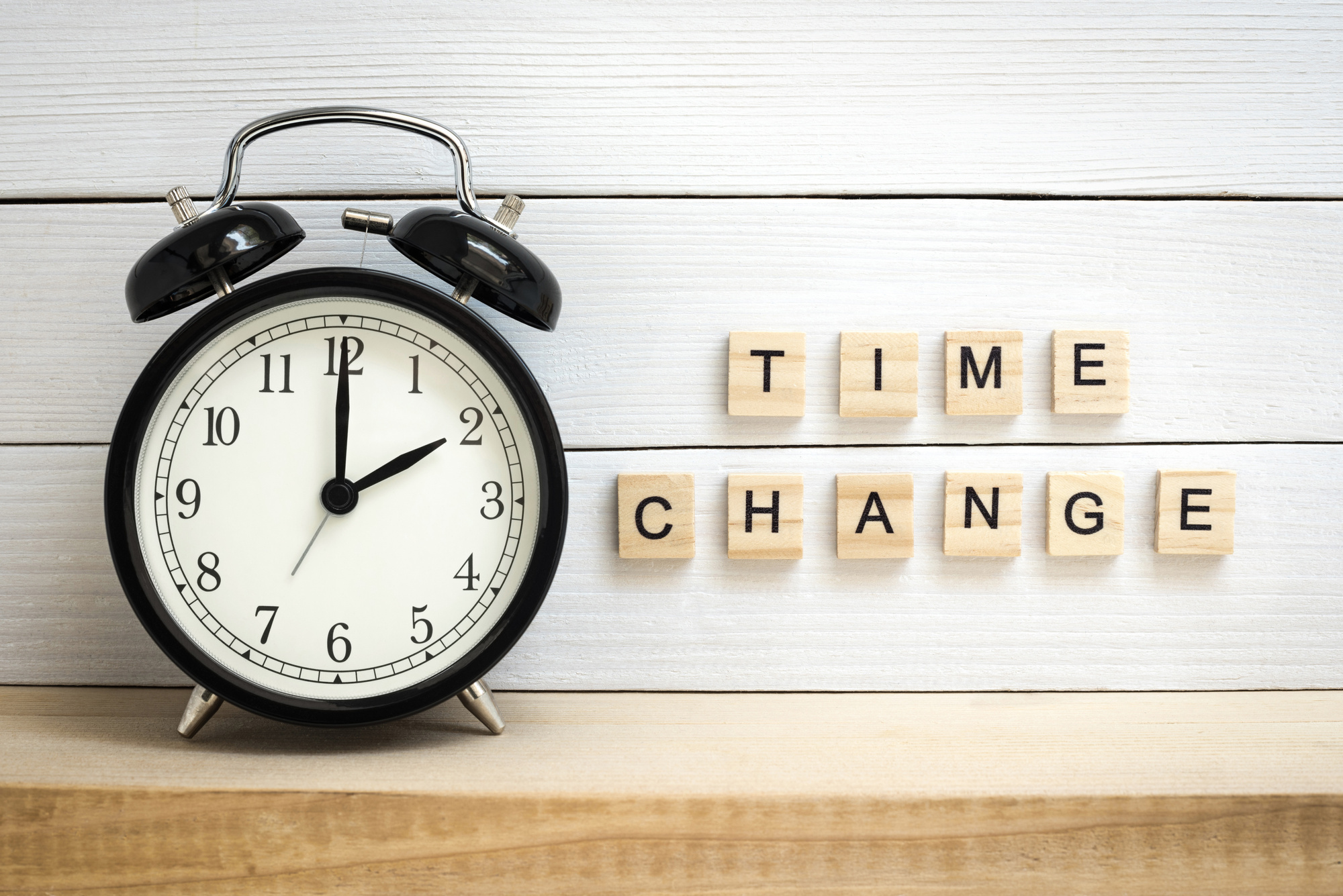Have you been feeling the winter blues ever since daylight savings came to an end?
You’re not the only one. Now that the holidays are over, people are less than thrilled about the winter months ahead.
The days are shorter, colder, and darker… and summer feels far, far away. The clocks may have fallen back, but that doesn’t mean you have to suffer, either.
So, what time does it get light out now, anyway? What can you do to adjust to the darker, winter days? Here are 5 tips to help you make the most of the winter adjustment.
What Time Does It Get Light in the Winter?
Daylight savings technically begins sometime in March and lasts throughout the summer. The days naturally become longer when the Earth moves from winter to the spring and summer. With an extra hour on the clock, we can have daylight well after 7:00 pm and even 8:00 pm.
But by the beginning of November, daylight savings ends. People set their clocks an hour back. Hence, the expression: “Spring forward fall back.”
Shorter Days After Daylight Savings Time Change
Now that daylight savings have ended, what time does it get light out?
The answer depends on where you’re living. In most areas of the Northern Hemisphere, the sun rises before 6:00 am in the winter. The sun sets earlier in the evening, usually before 5:00 pm.
Those furthest from the equator have the shortest days. In Iceland, for example, the sun doesn’t rise until after 11:00 am in the winter. The sun sets before 4:00 pm.
The bottom line? After daylight savings, the sky becomes brighter earlier in the morning. But it gets darker earlier in the evening, making the days seem shorter.
Now, let’s dive into some tips to help you adjust to these long winter days.
1. Keep Your Sleep on Track
There are all types of pros and cons you can compare between the start and end of daylight savings. You might’ve felt tempted to sleep in on November 4th when daylight savings came to an official end. But if you’ve been sleeping in an extra hour since then, chances are you’re staying up later in the evening.
It will become tougher to reset your circadian clock as you get older. When your sleep is out of tune, you’re more likely to experience depression and memory loss. So, if you’ve been sleeping in longer now that the days are shorter, try to break this pattern.
Wake up earlier in the morning and get a head start to your day. Aim to get a full 7-9 hours of sleep each night. Stop drinking caffeine beverages earlier in the day to help with this.
2. Practice a Nighttime Ritual
What you do before bedtime can have a big effect on your ability to fall asleep.
After work, get everything laid out for the next day, like your outfit and lunch. Then, start to unwind as bedtime nears.
Unplug from your smartphone and turn off the TV. Light candles instead of using artificial light.
On a cold night, a warm glass of red wine may seem like the perfect thing to help you unwind. But try not to get into the habit of using alcohol as part of your nighttime ritual. Alcohol affects women differently and can disrupt your sleep.
Instead of a glass of wine, opt for a warm cup of herbal tea. Enjoy your tea while reading a book in a warm bath. Afterward, apply a lotion or essential oil with lavender or chamomile.
The more relaxed you are going into bedtime, the faster you’ll be able to fall – and stay – asleep.
3. Eat for Better Sleep
The things you consume can impact your sleep patterns more than you may realize. Caffeine and alcohol can interfere with your quality of sleep, and so can cigarettes. If you’re a smoker, stop smoking before bedtime or quit altogether.
The earlier you eat dinner, the easier time you’ll have falling asleep. Your body works hard to digest food and this can keep you feeling more alert as a result. Avoid large meals right before bedtime to avoid indigestion.
Plus, by eating dinner earlier in the evening, your body will fast for longer. This can help you lose more body fat, especially when you’re eating right and exercising.
Sometimes you might feel like noshing an hour or two after eating. It happens, and luckily, there are certain foods you can eat in the evening.
If you’re hungry later in the evening, scramble up a couple of eggs or eat a bowl of whole grain cereal. Make sure to give your body 2-3 hours to digest before falling asleep if you do end up eating a bit later.
4. Exercise for a Clearer Mind
Who doesn’t feel groggier when it’s colder and darker out? You may feel more tempted to snuggle up on the couch and binge watch a show when it’s cold outside. But to curb the winter blues that come with the daylight savings time change, it’s important to get moving.
Exercise promotes better, longer, and deeper sleep. The more energy you expend during the day, the more tired you’ll feel in the evening.
Not to mention, exercise can alleviate anxiety and depression. And in the wintertime, you can use all the happy endorphins you can get.
Aim to exercise for at least 20 to 30 minutes each day. Avoid exercising a few hours before bed. This way, your brain and body aren’t still wound up come bedtime.
5. Additional Ways to Cope with the Time Change
What else can you do to help you adjust to the winter time change?
After trying to get into a nightly routine, you may still find yourself tossing and turning. Or, you may wake up with a sore back or neck.
An old, worn-down mattress could be to blame. Take the recent time change as an opportunity to evaluate your mattress. If your mattress is several years old, it may be time to replace it.
Dealing with natural light shouldn’t be a problem after daylight savings end. But wearing a sleep mask and earplugs could still help you fall asleep faster.
The temperature of your bedroom can also have an effect on your ability to adjust to the time change. A slightly cool bedroom can promote better sleep. Be sure to sleep under clean, cozy sheets for maximum effect.
If you feel the urge to nap, try doing so for 20 minutes at a time. While this may seem short, it’s more than enough to perk up your brain. Napping for longer can keep you awake longer at night.
Are You Ready for the Rest of Winter?
What time does it get light once daylight savings rolls around again? There are still a couple more months to go before the sun starts to stay out longer. In the meantime, you can make the most of winter by following these tips and getting the best sleep possible.
But there’s more to winter than enduring the dark and long days. Dry skin is also something women struggle to cope with in the winter. To help, try out these winter skin care tips!











